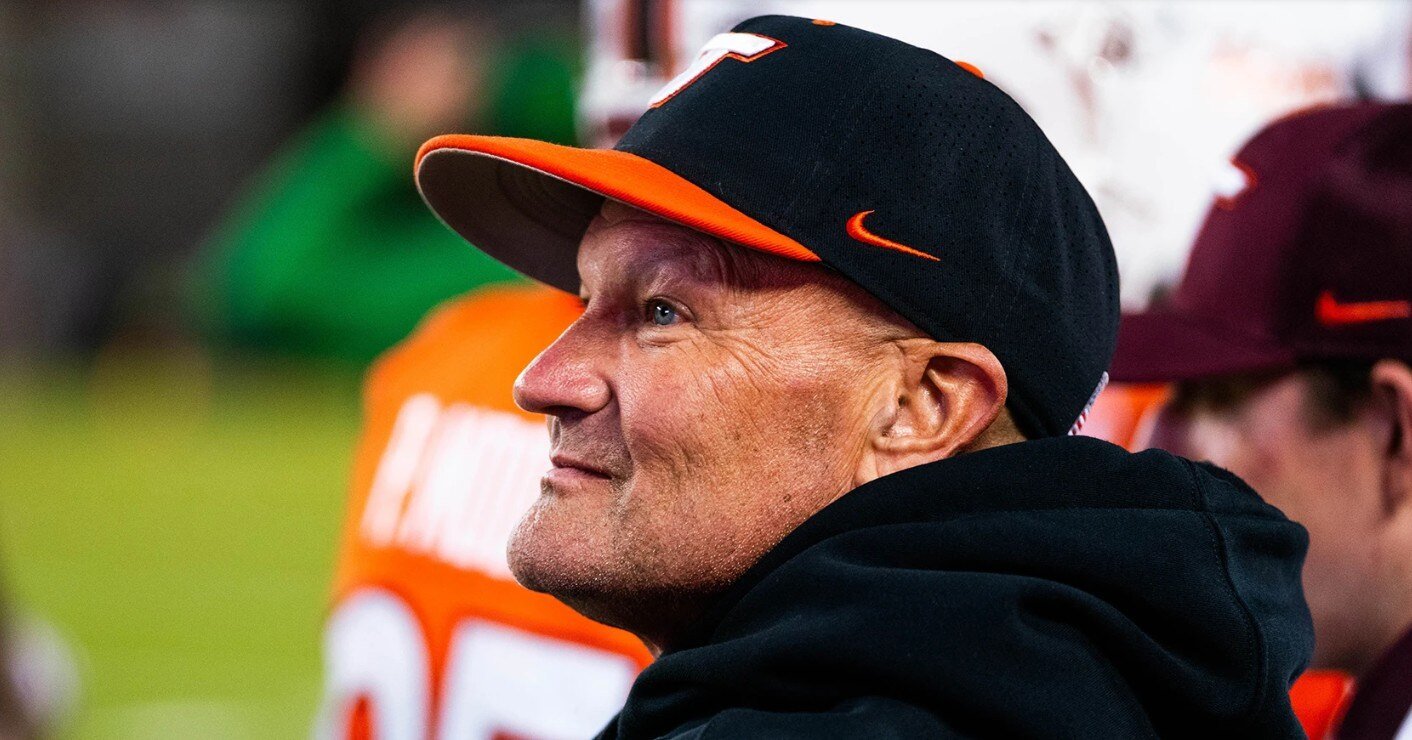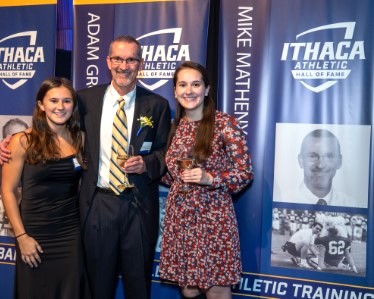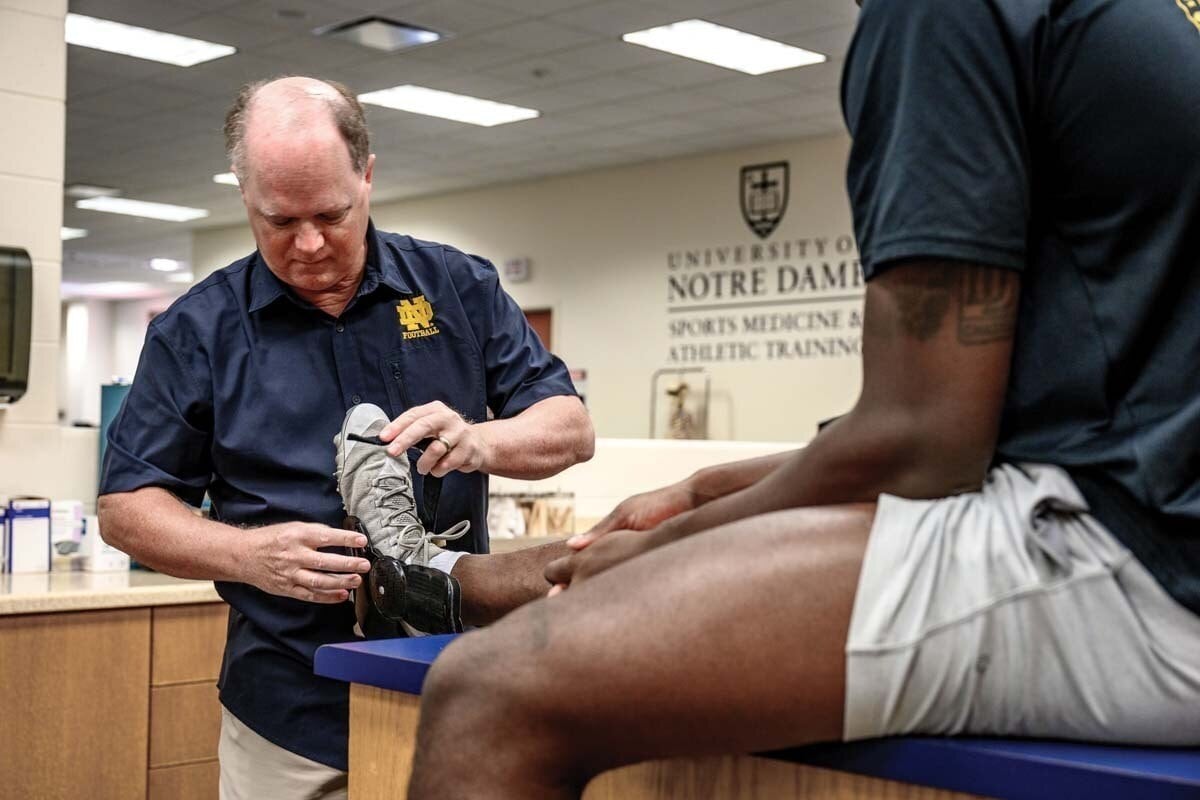Athletic Trainer Mike Poirier’s Role in Sergachev’s Remarkable Recovery
 Injuries are inevitable in sports, but how athletes respond to these setbacks varies greatly. This season, Tampa Bay Lightning defenseman Mikhail Sergachev faced a significant challenge after suffering a traumatic injury that fractured his tibia and fibula on February 7th.
Injuries are inevitable in sports, but how athletes respond to these setbacks varies greatly. This season, Tampa Bay Lightning defenseman Mikhail Sergachev faced a significant challenge after suffering a traumatic injury that fractured his tibia and fibula on February 7th.
While there was, of course, a physical toll... the mental and emotional hurdles were just as daunting. Central to Sergachev's recovery was the support and expertise of the Lightning’s assistant Athletic Trainer, Mike Poirier. Sergachev's injury occurred during the second period of a game against the New York Rangers at MSG. His left leg bent awkwardly as he attempted to check Rangers forward Alexis Lafrenière. The severity of the injury was immediately apparent. And Sergachev knew it, too:
Sergachev's injury occurred during the second period of a game against the New York Rangers at MSG. His left leg bent awkwardly as he attempted to check Rangers forward Alexis Lafrenière. The severity of the injury was immediately apparent. And Sergachev knew it, too:
“The whole time in your mind you know this isn’t pretty."
From that moment on, Poirier played a crucial role. As Sergachev was stretchered off the ice, he sought immediate answers.
“Right away when I broke my leg at MSG, I asked Mikey how long is it going to take to recover. He’s like, ‘three to four months.’”
Poirier’s involvement didn’t end there; it was just the beginning. Over the next 80 days, Poirier guided Sergachev through a meticulous rehab process, which he has refined into four distinct phases.
Phase One:
This initial phase was critical in keeping Sergachev focused and motivated. He acknowledged Poirier’s encouragement:
“I set the goal for myself to come back in the first round. Whenever I would be depressed, you told us you were going to make it to the first round.”
Phase Two:
Poirier drew on past experiences to inspire Sergachev.
“I want to thank (Steven Stamkos), actually. He broke his leg, and Mikey, our trainer, was showing me videos of Stammer skating like four weeks after. That kind of pushed me. The first four weeks since the injury it was tough mentally.”
Phase Three:
Motivation provided Sergachev with a tangible milestone to strive for, fueling his determination. Poirier explained:
“In Sergie’s situation, we’re gearing toward the playoffs. There’s a hope, if we make the playoffs, there’s a good chance he’s back.”
Phase Four:
Poirier’s approach to rehabilitation extended beyond traditional methods.
“I thank our training staff honestly, not just for the videos. They were there for me every day. They would come to my house, Lucas and Mikey. They would stay with me and talk about anything but the injury. They are amazing people.”
Sergachev’s return to the ice was a testament to this comprehensive and supportive approach. He played 17 minutes and tallied an assist in his comeback game against the Panthers in Game 4 of the first-round series.
Reflecting on the journey, Poirier humbly remarked:
“It’s just part of the job. How to motivate your player. I’ve been with the Lightning for 16 years and I’ve known Sergie for six years, I know what buttons to push, how he is, and what he responds to.”
Looking ahead, Sergachev is optimistic about returning next season stronger, both mentally and physically. His recovery story underscores the vital role of Athletic Trainers like Mike Poirier, whose dedication and expertise are essential in navigating the challenges of sports injuries.
Read the full story here!
![HR Logo [Recovered]_Full Color Vertical-1](https://blog.healthyroster.com/hs-fs/hubfs/HR%20Logo%20%5BRecovered%5D_Full%20Color%20Vertical-1.png?width=199&height=178&name=HR%20Logo%20%5BRecovered%5D_Full%20Color%20Vertical-1.png)
 By
By


